Understanding the connection between moral development and workplace ethics is essential for fostering a productive and harmonious environment. Lawrence Kohlberg’s Moral Development Theory provides a comprehensive framework for understanding how individuals progress through different stages of moral reasoning. By exploring these stages, we can identify key soft skills that enhance work ethic and contribute to professional growth. This article delves into Kohlberg’s theory, its relevance in the workplace, and practical ways to apply these principles to enhance ethical behavior and decision-making. Through case studies and examples, we will demonstrate the impact of moral development on cultivating a positive and effective work culture.
Explore this topic with gamesweed.com in great detail.
1. Overview of Lawrence Kohlberg’s Moral Development Theory
Lawrence Kohlberg’s Moral Development Theory, rooted in the work of Jean Piaget, offers a detailed perspective on how individuals develop moral reasoning over time. Kohlberg proposed that moral development progresses through a series of six stages, grouped into three levels: pre-conventional, conventional, and post-conventional. At the pre-conventional level, individuals’ decisions are primarily driven by the desire to avoid punishment and gain rewards. As they move to the conventional level, their behavior is influenced by societal norms and the expectations of others. In the post-conventional level, individuals base their moral decisions on abstract principles and values, often prioritizing justice and human rights. Kohlberg’s stages emphasize the evolution from self-centered reasoning to a broader understanding of ethical principles. This theory underscores the importance of cognitive development in shaping moral behavior, highlighting that moral reasoning becomes more sophisticated as individuals mature. By understanding these stages, we can better appreciate how moral development influences ethical behavior in various contexts, including the workplace.
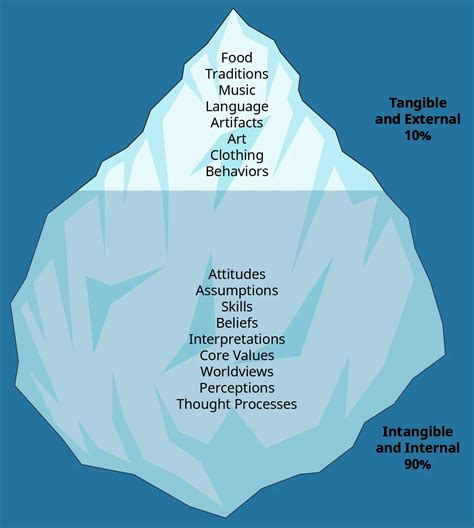
2. The Importance of Moral Development in the Workplace
Moral development is crucial in the workplace as it directly impacts ethical behavior, decision-making, and overall organizational culture. Employees who have progressed through higher stages of moral development are more likely to make decisions that consider the broader implications for their colleagues, the organization, and society. This advanced moral reasoning fosters a work environment where fairness, integrity, and respect are prioritized, leading to higher levels of trust and cooperation among team members. Moreover, organizations that emphasize moral development can better navigate ethical dilemmas and promote a culture of accountability and transparency. Leaders who understand and support moral development encourage employees to align their personal values with the company’s mission, enhancing job satisfaction and reducing instances of misconduct. By investing in the moral development of their workforce, companies not only improve individual performance but also create a sustainable and ethical business environment that can adapt to complex challenges and drive long-term success.
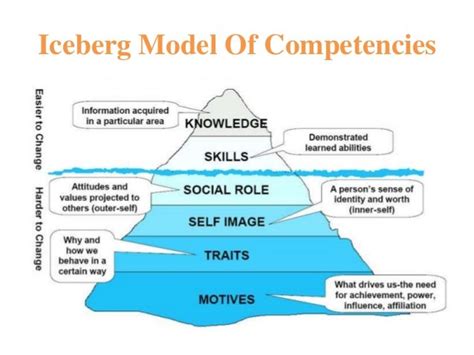
3. Applying Kohlberg’s Stages to Enhance Work Ethic
Applying Kohlberg’s stages of moral development to enhance work ethic involves fostering an environment that supports and encourages progression through these stages. At the pre-conventional level, employers can implement clear policies and reward systems to motivate compliance and discourage unethical behavior. As employees advance to the conventional level, promoting teamwork and recognizing adherence to organizational norms can strengthen their commitment to shared values and ethical practices. To reach the post-conventional level, organizations should cultivate a culture of open dialogue about ethical issues, encouraging employees to consider the broader impact of their actions and make decisions based on universal principles of justice and fairness. Providing training programs that focus on ethical reasoning and moral dilemmas can help employees refine their moral judgment and align their personal values with professional responsibilities. By supporting moral development at each stage, companies can enhance work ethic, leading to a more ethical, motivated, and productive workforce.
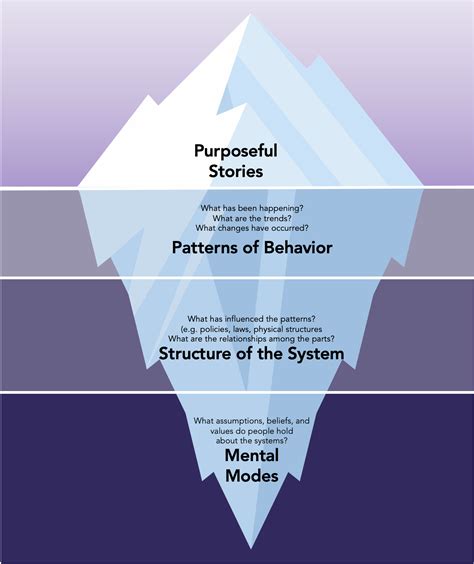
4. Soft Skills Influenced by Moral Development
Moral development significantly influences the cultivation of essential soft skills in the workplace. As individuals progress through Kohlberg’s stages, they develop a deeper understanding of ethical principles, which enhances their ability to demonstrate empathy, integrity, and accountability. Empathy allows employees to understand and share the feelings of others, fostering better teamwork and collaboration. Integrity ensures that they adhere to moral and ethical principles, promoting trustworthiness and reliability. Accountability involves taking responsibility for one’s actions, which is crucial for maintaining professional credibility and fostering a culture of trust.
Additionally, advanced moral reasoning enhances critical thinking and problem-solving abilities, as employees are better equipped to navigate complex ethical dilemmas and make decisions that reflect both individual and collective values. Effective communication is also strengthened, as morally developed individuals are more likely to engage in honest and respectful dialogue. By nurturing these soft skills, organizations can create a more cohesive, ethical, and productive work environment.
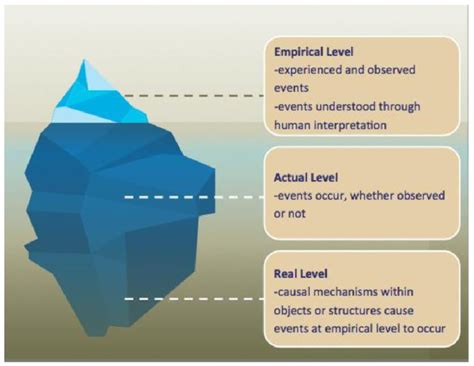
5. Case Studies and Examples
Consider a case study from a multinational corporation that implemented a comprehensive ethics training program based on Kohlberg’s stages of moral development. Initially, the company focused on the pre-conventional stage, establishing clear rules and rewards for ethical behavior, which led to immediate compliance and reduced incidents of misconduct. As the program evolved, the company emphasized the conventional stage by promoting a strong organizational culture centered on shared values and team-oriented ethics. Employees began to demonstrate a greater sense of loyalty and mutual respect, resulting in improved collaboration and morale.
A notable example is a senior manager who, influenced by the training, transitioned to the post-conventional stage. Faced with a decision involving significant financial implications, the manager prioritized ethical considerations over short-term gains, opting for a solution that benefited both the company and its stakeholders. This decision not only reinforced the company’s reputation for integrity but also inspired colleagues to uphold similar standards.
Another example involves a healthcare organization that integrated ethical reasoning workshops into its professional development programs. Staff members reported enhanced empathy and communication skills, leading to better patient care and increased job satisfaction. These case studies illustrate the tangible benefits of applying Kohlberg’s moral development theory in the workplace.
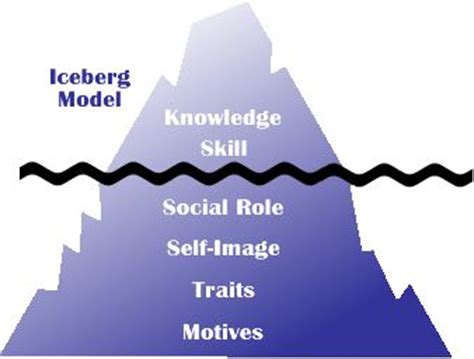
6. Implementing Kohlberg’s Principles in Professional Development Programs
Implementing Kohlberg’s principles in professional development programs can significantly enhance ethical standards and work ethic within an organization. Start by incorporating ethics training that aligns with Kohlberg’s stages of moral development. Begin with foundational training that establishes clear guidelines and the consequences of unethical behavior, addressing the pre-conventional stage. As employees progress, introduce scenarios and discussions that emphasize the importance of adhering to company values and societal norms, reflecting the conventional stage.
For those ready to engage with post-conventional reasoning, provide advanced workshops that focus on ethical dilemmas and abstract principles such as justice and human rights. Encourage open dialogue and critical thinking, allowing employees to explore and articulate their moral reasoning. Incorporate mentorship programs where senior staff can model ethical behavior and support the moral development of their peers.
Regularly assess and update the training materials to ensure they remain relevant and impactful. By systematically integrating Kohlberg’s principles, organizations can foster a culture of ethical decision-making, enhance employee integrity, and ultimately, drive sustainable success.
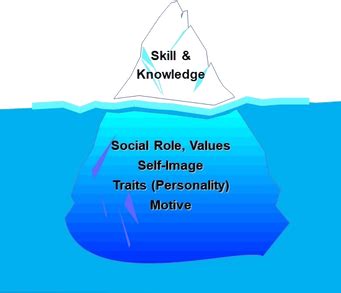
Incorporating Lawrence Kohlberg’s Moral Development Theory into workplace practices offers a powerful approach to enhancing work ethic and ethical behavior. By understanding and applying the stages of moral development, organizations can foster a more ethical, empathetic, and responsible workforce. Through targeted training and development programs, companies can guide employees from basic compliance to advanced ethical reasoning, promoting integrity and accountability. Embracing these principles not only strengthens individual and team performance but also contributes to a positive and sustainable organizational culture. Ultimately, investing in moral development drives long-term success and upholds the highest standards of professional conduct.
gamesweed.com